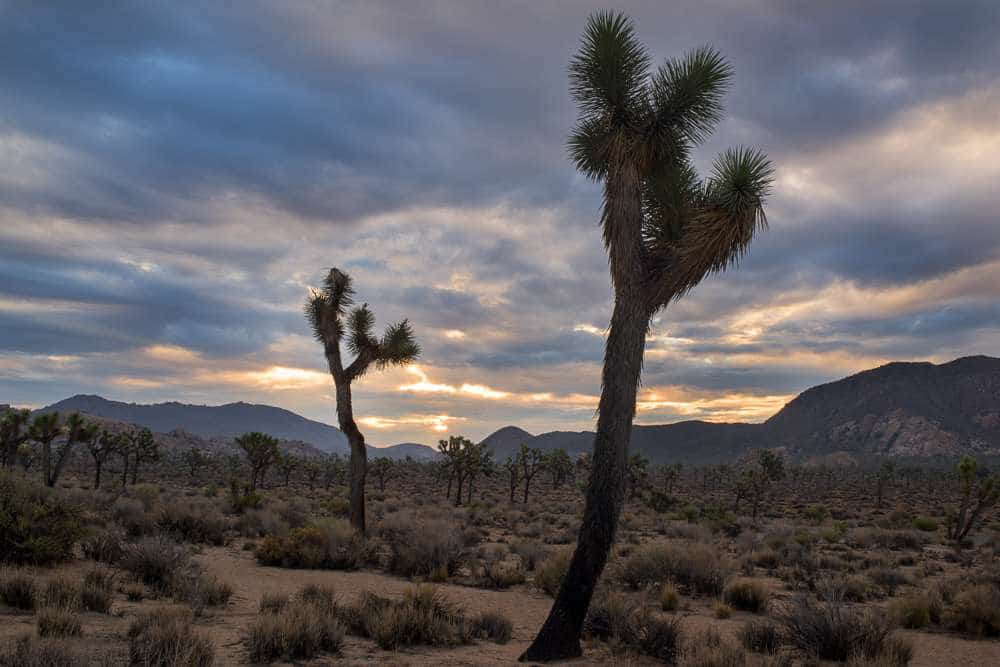
The camera often has less to do with image quality than people think.
If you’re using a phone, the camera is good enough. If you’re using a point-and-shoot, the sensor size is what really matters. The best cameras are usually DSLRs, but they’re also the most expensive.
So ask yourself how much you’re willing to spend and what you’re going to use the camera for. If you just want to take pictures of your friends at parties, a point-and-shoot will do the trick. If you’re into photography and want to get serious about it, you’ll need a DSLR.
This is probably the number one question I get asked on a daily basis. Well, you see the answer all depends on what you are looking for. Below is a run down on the right types of cameras for the right types of situations, and what you should buy.
Types of Cameras to Purchase
Let’s start with the different sorts of cameras that you might want to consider purchasing.
Cell Phone Cameras
Honestly, for the average person, a cell phone camera is more than adequate for basic photography. They are great for social media sharing and simply recording life’s everyday moments.
If you are someone who loves to document everything and take a lot of photos, then you might want to consider upgrading to a camera with more features and better image quality. But if you’re just looking to capture the occasional snapshot, then your cell phone will do just fine.
Compact Cameras
Compact cameras are purely dedicated to photography, meaning they are cameras solely. These cameras are intended for everyday photography and are quickly being phased out by cell phones.
They are great for basic photography and are very user-friendly since most have automatic settings. This makes them ideal for beginner photographers or anyone who just wants to point and shoot without having to worry about f-stops and shutter speeds.
Consumer DSLR
Consumer DSLRs like the Nikon 3100 or Canon EOS Rebel series are great introductory cameras and a great place to start for anyone interested in photography. You can use different lenses and the models have many features that are also on pro camera bodies. It is to note, that they are not a substitution for professional gear. Some Mirrorless cameras also fit in this category.
Prosumer DSLR
Prosumer DSLRs are cameras that have the features and functions of both a professional camera and a consumer camera. They usually have a full-frame sensor, which is ideal for low-light photography and portrait photography. The Canon 6D and Nikon D610 are examples of this type of camera.
Professional DSLR
Pro DSLR cameras are what most professional photographers use on a daily basis. They can take abuse and work in all environments. These cameras are also expensive and are well worth the investment if you use your cameras to make a living. If you are not a pro photographer or an aspiring pro there is often little benefit to purchasing one of these models.
Mirrorless Cameras
Mirrorless cameras have all the features of a DSLR but do not have a reflex mirror system. They are smaller and lighter in weight, making them ideal for travel photography. The Sony Alpha series and Fujifilm X-series are examples of this type of camera.
Medium Format DSLR
Medium format digital cameras offer amazing image quality. They are extremely expensive. They are so expensive you ask yourself if you should buy a new car or a camera. These cameras are often used for fashion or high-end advertising and print.
Large Format
Still, the absolute best quality Large Format film cameras are untouchable by any digital camera. They are the size of a small briefcase, must be shot on a tripod, and require the photographer to know exactly what they are doing to get the best results. Most people reading this article will never have nor need one of these types of cameras.
So What Camera Should You Buy?
The answer to this question is not as easy as it seems. The best camera is the one that you will use and feel comfortable using. With that being said, here are a few factors you might want to consider before making a purchase:
How much money do you want to spend on a camera?
When it comes to purchasing a camera, there are a variety of different options to choose from depending on your budget. If you are just looking for a basic camera to document everyday life, then a cell phone camera is the cheapest option. However, if you are looking for a camera with more features and better image quality, then you will need to invest in a DSLR or Mirrorless camera. These cameras can range in price from around $300 to $10,000 or more. So, before you make a purchase, it is important to decide how much money you want to spend on a camera.
How large and heavy do you want your camera to be?
Weight can be a major factor for some photographers.
If you are looking for a lightweight and portable camera, then you should consider purchasing a Mirrorless camera. These cameras are smaller and lighter in weight than DSLRs, making them ideal for travel photography.
However, if you are looking for a more heavyweight and durable camera, then you should consider purchasing a DSLR. These cameras are built to last and can handle abuse in all environments. So, before you make a purchase, it is important to decide how large and heavy you want your camera to be.
What types of photos do you want to take?
If you are interested in landscape photography, then you will want to invest in a DSLR or Mirrorless camera that has a full-frame sensor. This will give you the best image quality for capturing portraits.
If you are more interested in street photography, then a camera with a smaller sensor will be sufficient. However, keep in mind that smaller sensors tend to produce more noise in low-light situations. So, if you plan on shooting photos in low-light environments, then you will want to consider investing in a DSLR or Mirrorless camera with a larger sensor.
Do you want to be able to change lenses?
1. DSLR cameras have the ability to change lenses, which gives you more flexibility in terms of what type of photos you can take
2. Mirrorless cameras also have this ability, but they are typically smaller and lighter than DSLRs
3. If you are not a professional photographer, there is often little benefit to purchasing a camera with the ability to change lenses
4. However, if you plan on using your camera for professional work, then it is important to invest in a model that has this feature
5. There are many different types of lenses available on the market, so do your research before making a purchase
How important is image quality to you?
Image quality is extremely important to most people. If you want your photos to be clear and sharp, be willing to invest in a camera that will give the best results. Although, lenses can have a major factor also.
Related: What Is the Perfect Shutter Speed
Do you want a camera that is easy to use or one that gives you more control over the settings?
If you are looking for a camera that is easy to use, then a point-and-shoot or Mirrorless camera might be a good choice. These cameras have a limited number of controls and are typically very user-friendly.
If you want more control over the settings, then a DSLR or Pro DSLR might be a better option. These cameras have more controls and allow you to customize the settings to match your shooting style.
Our Recommendations
If you are an Everyday Person: Get a smartphone that is all you need.
If you are an Enthusiast: Buy A Consumer DSLR
If you are an Aspiring Pro: Buy the Best You Can Afford. You might be stuck on peanut butter sandwiches for a few months but it is something you will need to do the job. – Also I recommend this L bracket to go with it.
What are the best cameras on the market right now?
The best cameras on the market right now are the Nikon D850, Canon EOS R, Sony A7R III, and Panasonic Lumix DC-S1R. These are all great cameras that offer excellent image quality and features.
If you are looking for a professional camera, then the Nikon D6 or Canon EOS R3 are the best options. If you are looking for a mirrorless camera, then the Sony A7R IV or Nikon Z9 is the best option.
Lastly, if you are looking for a compact camera, then the Canon PowerShot G9 X Mark II is the best option.
What is the best camera for travel photography?
The best camera for travel photography is the Sony A7R IV. This is a great mirrorless camera that offers excellent image quality and features. It is also compact and lightweight, making it ideal for travel photography.
The Canon PowerShot G9 X Mark II is also a great option for travel photography. It is a compact camera that offers excellent image quality and features.
But, mostly the best camera is the one that you have with you.
Final Thoughts
Purchasing a camera is a big decision and there are many factors to consider. It is important to decide what type of photography you want to do and what features are important to you. Once you have done this, you can narrow down your options and choose the best camera for your needs.
Have a Question? Leave a Comment Below.

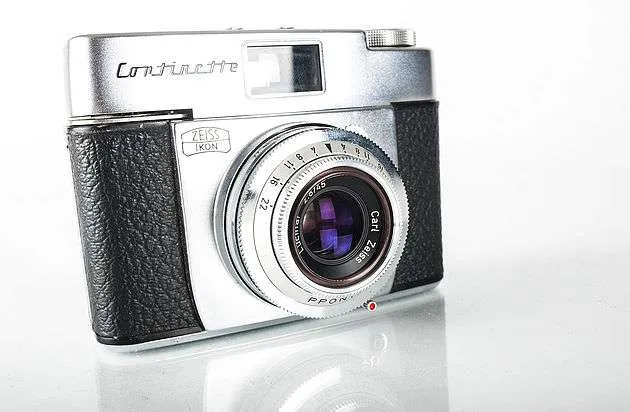
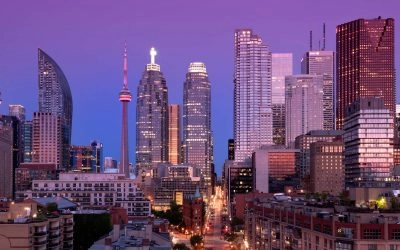


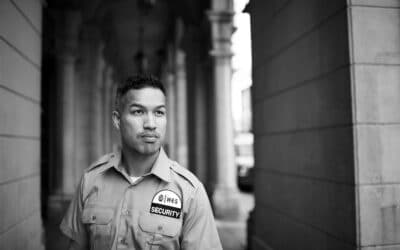

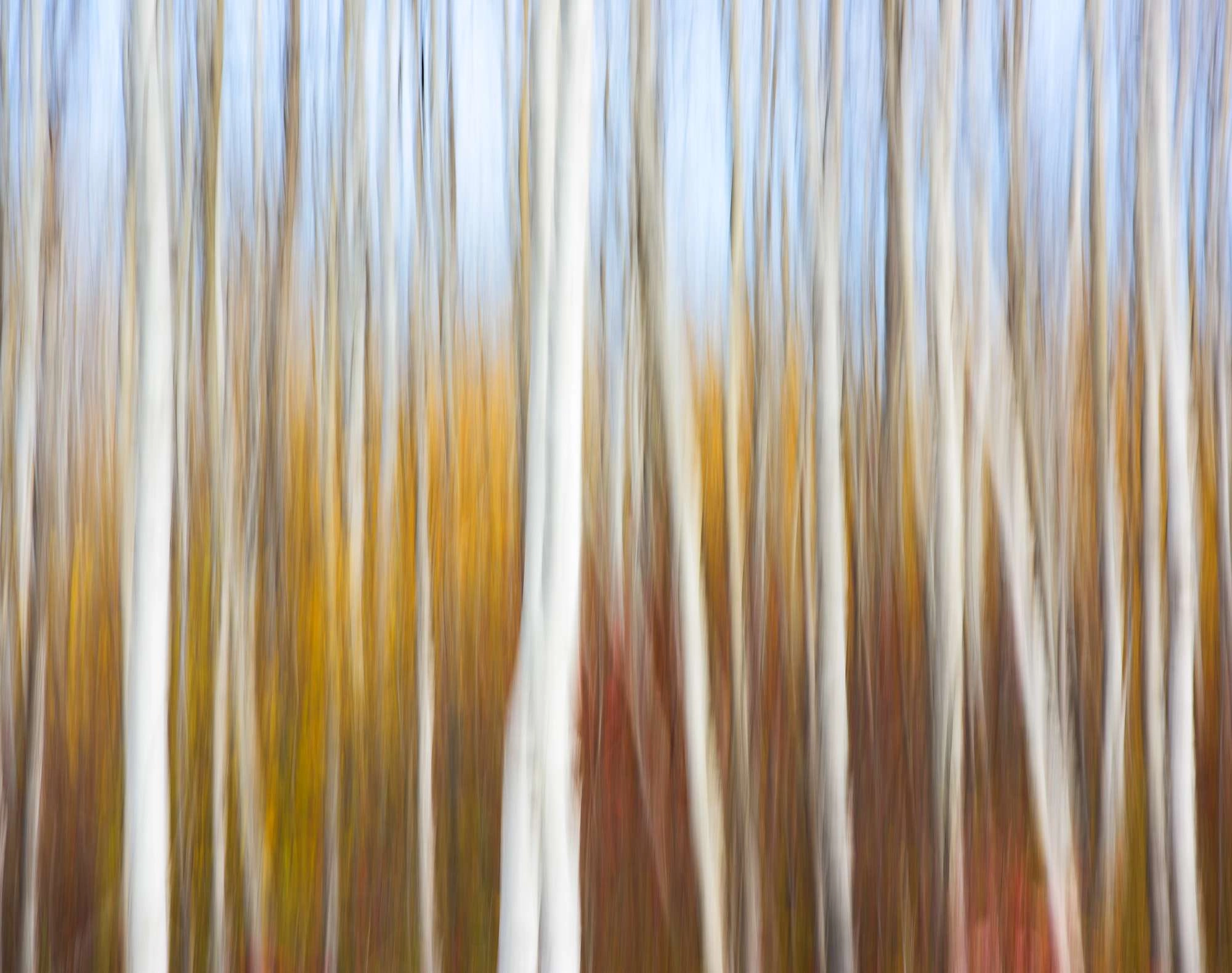
0 Comments